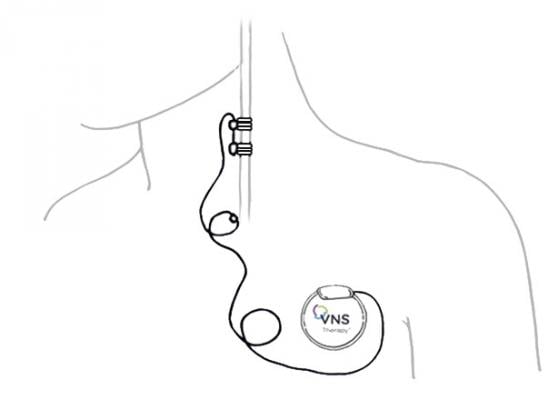
October 24, 2019 — LivaNova PLC announced the publication of a new study in Neurology, which suggests that chronic epilepsy may be associated with key measures of sudden cardiac death risk.[1] This is the third in a series of studies[1-3] to evaluate cardiac electrical instability in patients with chronic epilepsy, but the first to compare the cardiac impact of the disease among patients with chronic epilepsy to those who are newly diagnosed.
The study in Neurology evaluated established markers of sudden cardiac death risk, T-wave alternans (TWA) and heart rate variability (HRV), in patients with chronic epilepsy compared to patients with newly diagnosed epilepsy. Using data recorded on ambulatory electrocardiographic monitors, the investigators assessed whether cardiac electrical instability indicated by TWA and abnormal autonomic tone measured by HRV result from recurrent seizures. Results from the analysis showed that chronic epilepsy is associated with higher TWA levels and simultaneously with lower HRV, suggesting autonomic dysfunction or higher sympathetic tone.
“This study provides evidence indicating that, over time, some people with epilepsy may become predisposed to potentially serious heart rhythm abnormalities, due either to the effect of recurrent seizures, antiepileptic medications or other influences on the heart,” said Trudy Pang, M.D., lead study author and assistant professor of neurology at Harvard Medical School. “Further work is needed to understand better the risks and the cause(s), so that we can develop more effective treatment options.”
Two previous studies in this series have shown that vagus nerve stimulation (VNS) was associated with improvement in HRV and cardiac vagal tone and reduction in TWA in patients with epilepsy,[2,3] making it a potential treatment for further study.
The LivaNova VNS Therapy System is clinically proven safe and effective for the treatment of drug-resistant epilepsy for adults and children.
For more information: www.livanova.com
References
1. Pang T.D., Nearing B.D., Krishnamurthy K.B., et al. Cardiac electrical instability in newly diagnosed/chronic epilepsy tracked by Holter and ECG patch. Neurology 2019; 93: 450-458.
2. Schomer A.C., Nearing B.D., Schachter S.C., et al. Vagus nerve stimulation reduces cardiac electrical instability assessed by quantitative T-wave alternans analysis in patients with drug-resistant focal epilepsy. Epilepsia 2014; 55: 1996-2002.
3. Verrier R.L., Nearing B.D., Olin B., et al. Baseline elevation and reduction in cardiac electrical instability assessed by quantitative T-wave alternans in patients with drug-resistant epilepsy treated with vagus nerve stimulation in the AspireSR E-36 trial. Epilepsy Behav 2016; 62: 85-89.


 November 12, 2025
November 12, 2025 









